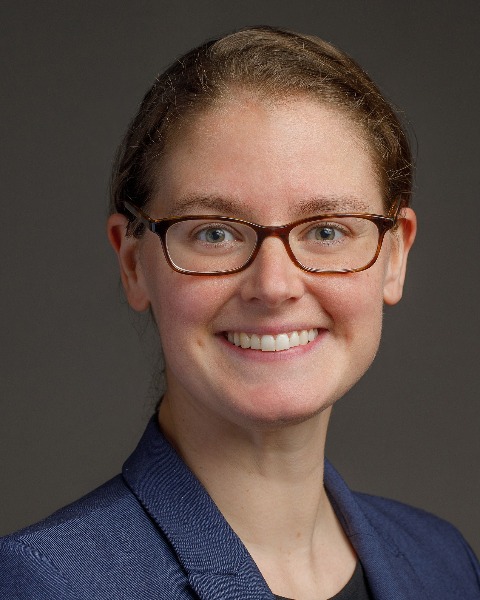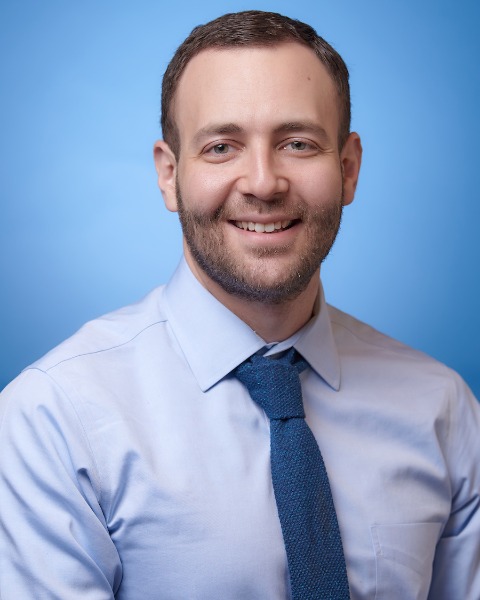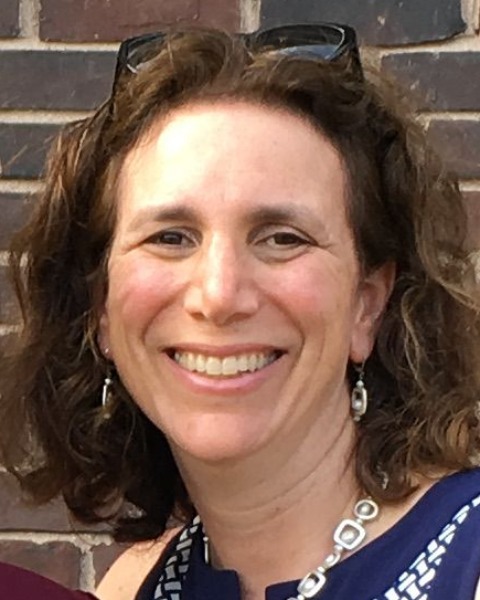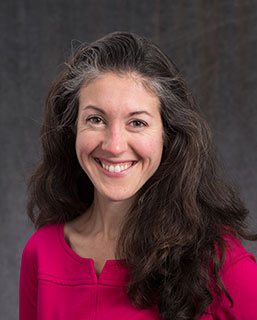Live Workshops
Psycho-Oncology/Palliative Care
Medical Advance Care Planning in Patients with Mental Illness: Ethical and Legal Challenges. Co-sponsored by ACLP's Palliative Medicine & Psycho-Oncology, and Bioethics SIGs

Brooke Lifland, MD (she/her/hers)
Clinical Assistant Professor of Psychiatry and the Behavioral Sciences
Keck School of Medicine of USC
SOUTH PASADENA, California
Daniel Shalev, MD (he/him/his)
Assistant Professor of Medicine/Medicine-in-Psychiatry
Weill Cornell Medicine
New York, New York.jpg)
Shannon L. Mazur, DO, MA (she/her/hers)
Assistant Professor of Psychiatry
Yale Psycho-Oncology Program at Smilow Cancer Hospital
Madison, Connecticut
Annah Abrams, MD
Director, AYA cancer program and Pediatric Psychooncology
Massachusetts General Hospital
Boston, Massachusetts
Kelly Irwin, MD, MPH
Director, Collaborative Care and Community Engagement Program
Massachusetts General Hospital
Boston, Massachusetts
Lead Speaker(s)
Speaker(s)
Moderator/Discussant(s)
Medical advance care planning helps adults at any age or stage of health understand and share their personal values, life goals, and preferences regarding future medical care. Though patients with mental illness have a higher burden of medical comorbidity than their peers, they are less like to have medical advance directives on file. Advance care planning discussions are complex at the best of times and are further complicated when symptoms of depression or psychosis interfere with a patient’s ability to participate fully. Palliative care physicians can feel uncomfortable engaging in these discussions with patients experiencing active psychiatric symptoms, and psychiatrists may be reticent to lead these discussions due to a lack of training in palliative care topics. In this interactive symposium, we will utilize didactics and group discussions to affirm the role of CL psychiatrists in closing this gap and to empower participants to engage patients in advance care planning. We will then discuss common ethical and legal issues that arise when engaging in medical advance care planning discussions with patients with mental illness. The workshop will be moderated by Dr. Kelly Irwin. Dr. Irwin will describe how patients with serious mental illness experience preventable and premature cancer mortality as a result of inequities in provision of oncologic and palliative care. Dr. Daniel Shalev will present the current controversies in advance care planning from the palliative care literature. He will discuss palliative care physicians’ perspectives on advance care planning in patients with mental illness, emphasizing how psychiatrists can become more involved in the process. Dr. Brooke Lifland will describe outpatient psychiatrists’ perspectives on initiating advance care planning discussions with their patients with serious mental illness. She will examine concerns that can arise during these discussions, such as the evaluation of capacity and involvement of conservators in decision-making. Dr. Shannon Mazur will focus on advance care planning in the psycho-oncology setting, describing how pain, demoralization, cognitive effects of chemotherapy, or psychiatric comorbidities such as depression or PTSD may complicate decision-making for patients with life-limiting diagnoses. Dr. Annah Abrams will review the specific ethical issues of advance care planning in adolescents and young adults with serious medical illness and mental illness, such as family-centered decision-making, discordance of care decisions, and the limitations of informed consent and how this changes when a patient turns 18 during the course of their illness and care. Dr. Abrams will present a case of an adolescent with recurrent cancer in the setting of depression, multiple suicide attempts, and psychiatric hospitalizations. The first 60 minutes of this symposium will be an interactive didactic session, with audience participation encouraged by polling key questions focusing on clinical management and ethical principles. We will conclude the workshop with 30 minutes of active discussion, during which we invite the audience to contribute their own experiences caring for patients at the end of life and solicit ideas for increasing collaboration between psychiatry and palliative care. The Palliative Medicine & Psycho-Oncology SIG and the Bioethics SIG jointly sponsor this symposium.Learning Objectives:

